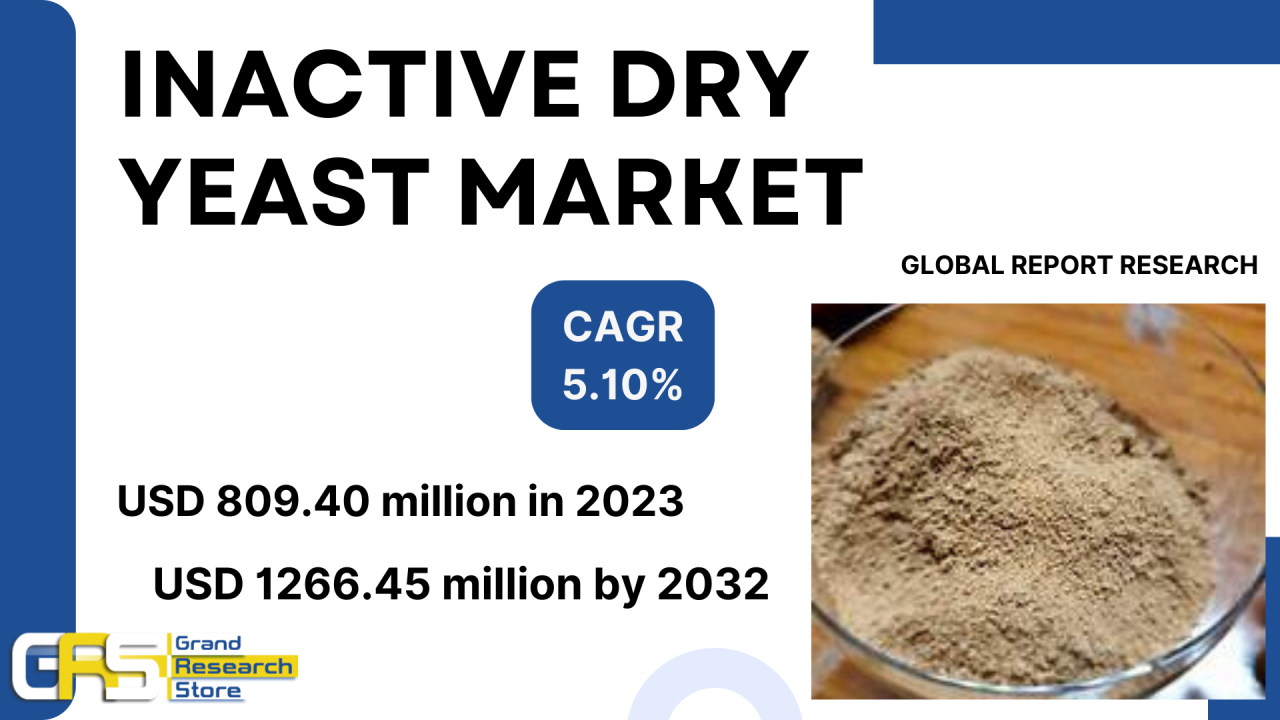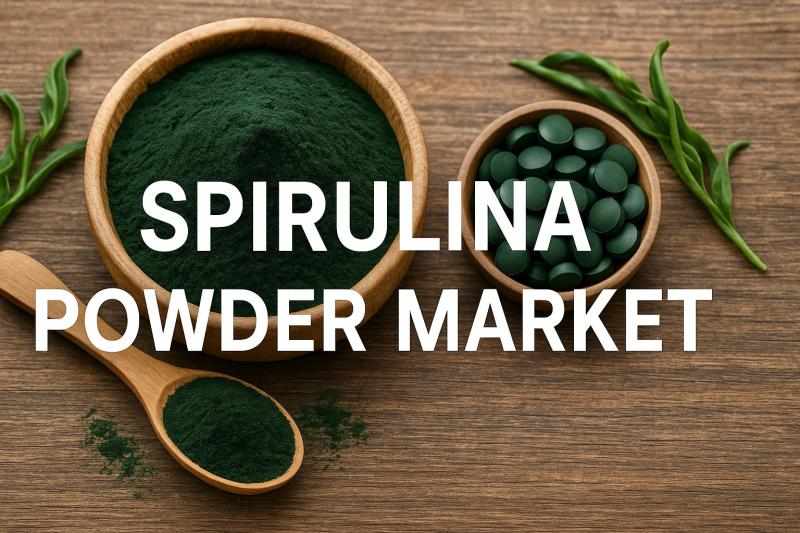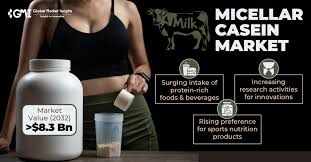
Research reveals that the Vegan Chocolate Market is poised to achieve a valuation of USD 1,545 million in 2025, with projections estimating a surge to USD 4,798.6 million by 2035, expanding at a CAGR of 12% over the forecast period. This robust growth reflects the increasing consumer shift toward plant-based products, ethical purchasing behavior, and demand for clean-label confections.
The rising awareness about the environmental impact of animal agriculture, combined with consumers' growing interest in plant-based diets, has propelled the vegan chocolate sector forward. Moreover, the increasing prevalence of dietary restrictions, such as lactose intolerance and dairy allergies, has further fueled global demand for dairy-free chocolate options.
nnovative Plant-Based Confectionery Market Soars with Clean-Label Indulgence and Ethical Sourcing
The global vegan chocolate sector is experiencing unprecedented growth as consumers increasingly demand dairy-free sweet treats, artisanal vegan sweets, and direct-to-consumer chocolate offerings. According to the latest research from Future Market Insights, the market for plant-based confectionery is projected to expand at a robust CAGR through 2035, driven by rising health consciousness, sustainability concerns, and the proliferation of specialty product formats.
Key Growth Drivers
• Ethical Sourcing & Cruelty-Free Cocoa Products
Ethical sourcing chocolate remains a core semantic keyword theme. Consumers are actively seeking fair-trade and allergen-friendly chocolates that guarantee farmer welfare and sustainable cocoa cultivation.
• Functional Nutrition Chocolate
There's growing interest in snacks that deliver added health benefits. Superfood-rich ingredients such as matcha, turmeric, and sea buckthorn are being incorporated into superfood chocolate blends, creating a new category of functional nutrition chocolate.
• Sustainable Packaging Chocolates
Eco-conscious shoppers prioritize brands that minimize waste. Companies are adopting biodegradable wrappers and refillable pouches to position themselves as leaders in eco-friendly snack alternatives.
• Direct-to-Consumer Chocolate
The rise of e-commerce has enabled niche brands to bypass traditional retail channels. Direct mail subscriptions and personalized gift sets-like vegan chocolate subscription boxes-are fueling repeat purchases and fostering community engagement.
Trends and Opportunities in the Market
The vegan chocolate sector is increasingly becoming mainstream, driven by:
• The rising popularity of flexitarian diets.
• Growing demand for allergen-friendly and healthier indulgent treats.
• Expansion of vegan products into mainstream retail and e-commerce channels.
• Opportunity for brands to innovate with unique regional ingredients and superfoods.
Key Takeaways
• The market is projected to grow at a 12% CAGR between 2025 and 2035.
• The United States and South Korea are among the fastest-growing regions.
• Demand for allergen-free, organic, and ethically sourced chocolates is intensifying.
• Innovative flavors and functional ingredients are becoming major differentiators.
Transform Data into Action - Get the Full Market Report: https://www.futuremarketinsights.com/reports/vegan-chocolate-market
Competition Outlook
The vegan chocolate market is highly competitive, marked by both legacy players and agile startups. Key players include:
• Mondelēz International
• Nestlé
• Alter Eco
• Endangered Species Chocolate
• Hu Kitchen
• LoveRaw
Emerging brands are focusing on direct-to-consumer models and are emphasizing transparency, sustainability, and clean ingredient labels to differentiate themselves from traditional players.
Region-wise Insights
United States
The U.S. vegan chocolate market is expanding rapidly, fueled by rising health consciousness and demand for dairy-free indulgences. Consumers increasingly prefer chocolates made with oat milk, almond milk, and coconut cream. Brands are focusing on organic, sugar-free options, while direct-to-consumer models and specialty vegan retailers are helping products reach a national audience.
CAGR (2025-2035): 12.4%
United Kingdom
In the UK, vegan chocolate sales are surging due to the growing popularity of veganism and eco-conscious purchasing. Artisan and allergen-free chocolates have carved a strong niche, while major supermarkets have introduced private-label vegan options. The Fairtrade movement and events like Veganuary continue to boost visibility.
CAGR (2025-2035): 11.7%
European Union
Across the EU, consumers are increasingly favoring vegan chocolates for health and ethical reasons. Strict regulations around animal testing and ingredients benefit the segment. Brands are innovating with hazelnut milk, organic sweeteners, and eco-friendly packaging, particularly in countries like Germany, France, and the Netherlands.
CAGR (2025-2035): 12.0%
Japan
Japan's vegan chocolate market is growing steadily, driven by demand for low-sugar, clean-label sweets. Popular flavors like matcha and yuzu are incorporated into vegan offerings, with minimalist, elegant packaging appealing to Japanese consumers. Imported and local vegan chocolates are gaining shelf space in convenience and retail stores.
CAGR (2025-2035): 11.3%
South Korea
South Korea is witnessing a boom in vegan chocolate demand, boosted by beauty-from-within trends and rising lactose intolerance rates. Local brands are innovating with low-calorie, functional chocolates marketed heavily through influencers. Premium health food stores are seeing strong growth in this category.
CAGR (2025-2035): 12.5%
Top Segments Studied in the Vegan Chocolate Market Research Report
By Product Type:
• Raw Chocolate
• White Chocolate
• Dark Chocolate
• Others
By Form:
• Blended
• Cookies
• Bars
• Granules
• Liquid
• Powder
• Whole
• Others
By Region:
• North America
• Latin America
• Western Europe
• Eastern Europe
• East Asia
• South Asia Pacific
• Middle East and Africa










Write a comment ...